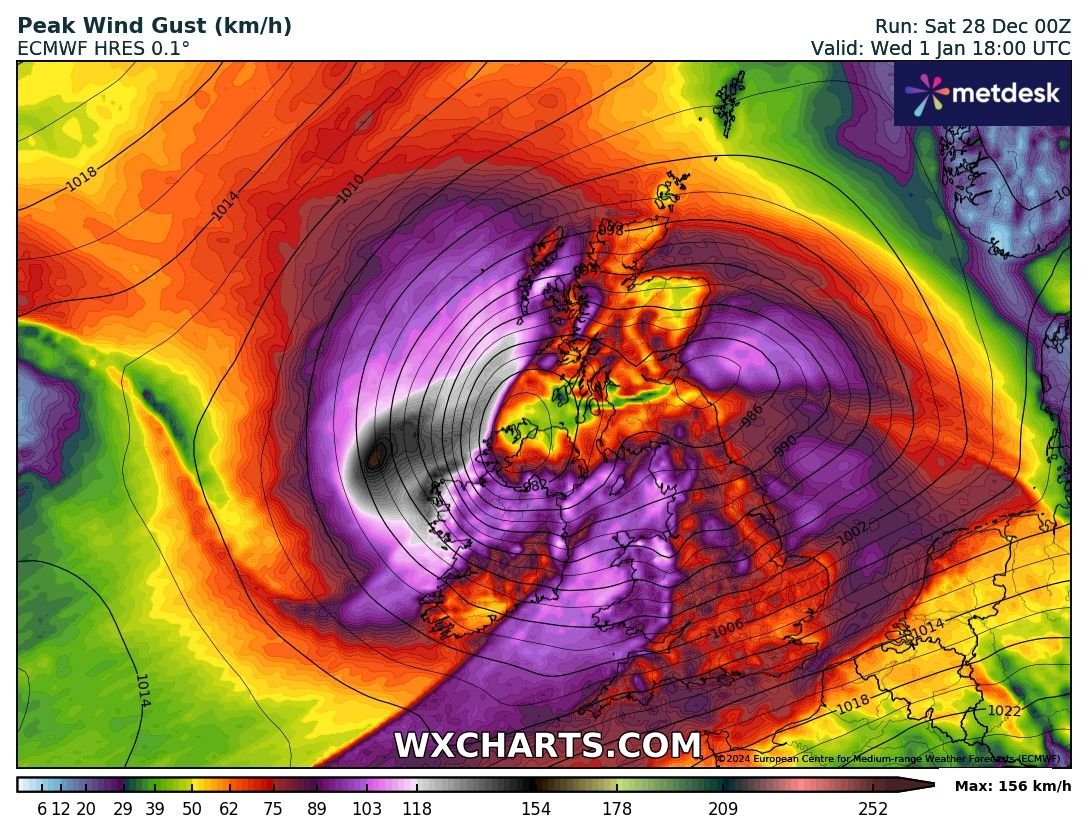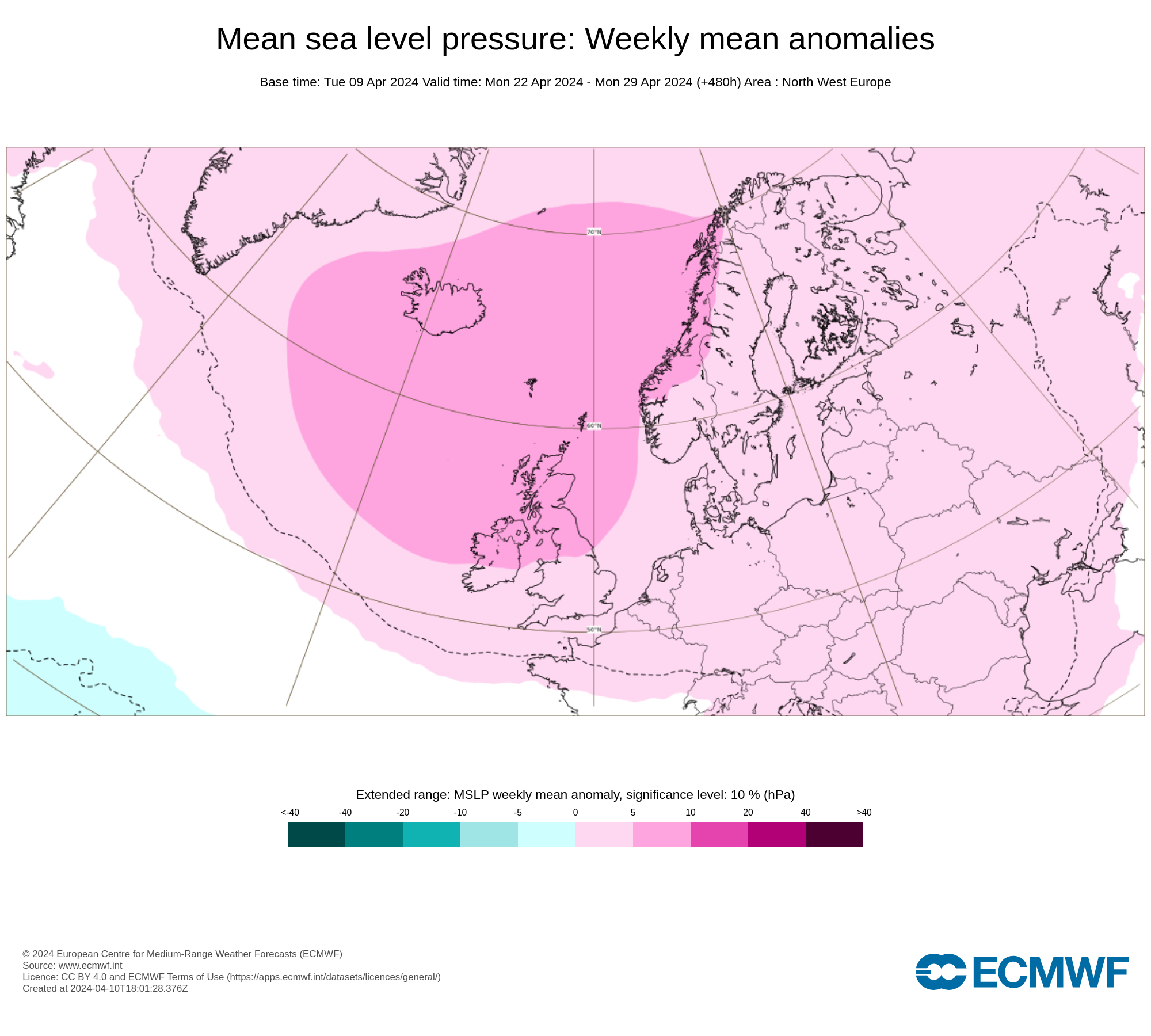Breaking News - The Taoiseach announces new measures and restrictions
Taoiseach Leo Varadkar say “We have a plan to ease restrictions from 18 May but we need two more weeks of strict restrictions so it does not make a comeback.
It will be possible to meet in small groups
A national protocol is being developed to allow a gradual restart of economic activity while protecting the health and safety of all workers.
From next Tuesday it will be ok to travel up to 5km from your home for the purpose of exercise. For those who have been cocooning, it will be possible to go for a walk or drive up to 5km from your home.
The Taoiseach Leo Varadkar said that in later phases restaurants, cafes, bars cinemas and gyms will reopen.
He said schools and colleges will reopen in September/October at the start of the academic year
Government's roadmap to ease Covid-19 restrictions will set out five stages but will not have specific dates. It will work on two to four week cycles.
A national protocol is being developed to allow a gradual restart of economic activity while protecting the health and safety of all workers.
Risk of second phase of virus is ever present.
It has been worthwhile, it is working so let's finish what we started. 77% of people diagnosed with Covid-19 have now made a full recovery.
Some outdoor fitness and sporting activities will be allowed from 18 May in small groups, said Mr Varadkar.
Selected retail outlets such as garden centres, hardware shops and repair shops will also open from 18 May.
It will also be possible to meet small groups of friends and families outdoors.
In the first phase of the roadmap for the easing of Covid-19 restrictions, Mr Varadkar said outdoor workers, including construction workers and gardeners, will be able to return to work from 18 May.
The NPHET meeting this morning also considered removing the necessity to be in a priority group before being tested for Covid-19.
Earlier this week, the new clinical criteria for being eligible for testing were given to GPs. To be tested, a patient needs to have just one symptom - either a sudden onset of cough, or a fever or shortness of breath. But they still need to be in the priority testing group to be eligible.
Dr Holohan said last night that NPHET would consider this morning whether to remove the necessity to be in a priority group.
He said early indications were that since the new clinical criteria had been introduced, there had been an increase in referrals but the team would consider what the increase would be if the priority requirement was removed.
Dr Holohan said they needed to ensure the demand was not beyond the capacity to test. He said he did not think it would be, but the matter would be assessed at the meeting.
The HSE is to increase capacity to 12,000 tests a day next week.
Dr Holohan said NPHET will consider data from the HSE as well as information received from GPs through data collected by the online GP platform, GPbuddy.ie, who have been tracking cases diagnosed and referred by GPs throughout the country.
The priority groups for testing include healthcare workers, a close contact of a confirmed case or a person in one of the vulnerable patient categories.
It also includes household contacts of health care workers and at risk groups, staff and residents of nursing homes and other residential care settings, pregnant women and prison staff and inmates.













